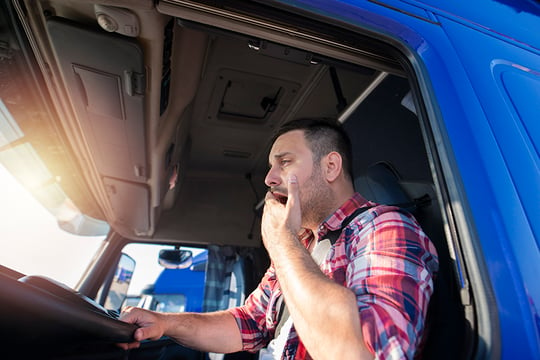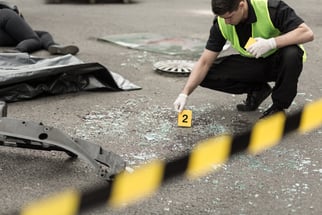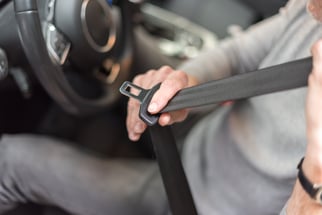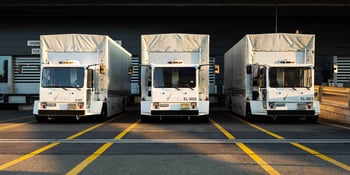Distracted driving has been on the rise in recent years. April is Distracted Driving Awareness Month and it’s important to highlight both the dangers and types of distracted driving. Drowsy driving alone is the cause of over 800 deaths and 50,000 injuries per year. Here are three major types of distractions that can take place when we’re behind the wheel.
Cognitive Distractions
It’s normal for our minds to drift off into other thoughts while behind the wheel. When your mind isn’t focused on driving, that’s when you have a cognitive distraction. Talking with passengers in your vehicle while driving is an example of this. Even thinking about issues related to your personal or work life are cognitive distractions. It’s natural for the mind to wander, but don’t let that inhibit your driving abilities. Always remain aware of your surroundings on the road and practice defensive driving.
Drowsy driving is another form of cognitive distraction. Drowsy driving accidents are most likely to occur in the late afternoon (think rush hour traffic) or between midnight and 6:00 a.m. While they are often single-passenger accidents, a driver who has fallen asleep also runs the risk of crossing lanes of traffic and injuring multiple people.
Getting a good night's sleep before a long drive is the best defense. Caffeine can help if you're feeling tired before driving, but be aware of “micro sleeps” or brief losses of consciousness that can last for four or five seconds. At 55 miles per hour, in four to five seconds you’ve traveled more than 100 yards down the road while asleep. That’s plenty of time to cause a crash.
Wondering why texting isn’t mentioned in any of these categories? Texting and driving fall under all three types, making it one of the most dangerous forms of distraction. According to the Virginia Technical Transportation Institute, text messaging increases the risk of crashing by 23 times.* Use phone holsters and settings like “Do Not Disturb” to limit cell phone use behind the wheel.
Manual Distractions
Manual distractions are anything that causes the driver to take their hands off of the wheel. Reaching for your cell phone, fumbling with food, or even typing an address into your GPS are all included in the manual distractions category. Taking your hands away from the wheel breaks your attention from the road to whatever object you are reaching for or may already have in your hands.

University of Utah psychologists say that cell phone users are over five times more likely to get into a car accident than drivers who are undistracted. Make sure you take the time to do certain activities before putting your car in drive. Eat your meals while the car is in park. Figure out the address of your destination and route it before pulling off. Also, make sure your phone is on “Do Not Disturb” so you aren’t distracted by notifications or calls.
Visual Distractions

Taking your eyes off the road for any reason, even if it’s for a few seconds, is a visual distraction. Common visual distractions include looking at screens for GPS purposes, checking kids’ seatbelts, or looking at an accident while driving past. Any second where your eyes are diverted from the road can make a big difference in whether you get into an accident or not. Ten percent of fatal crashes and 15 percent of injury crashes were reported as being caused by distractions. Ensuring everything in the car is good to go before leaving will help lower visual distractions.
Small changes to improve your ability to place distractions to the side can make a huge difference in your safety and the safety of other drivers on the roads as well.
Want to know more about the solutions discussed in this article? Reach out to us, click here on your phone or dial: 1-877-907-0801.



